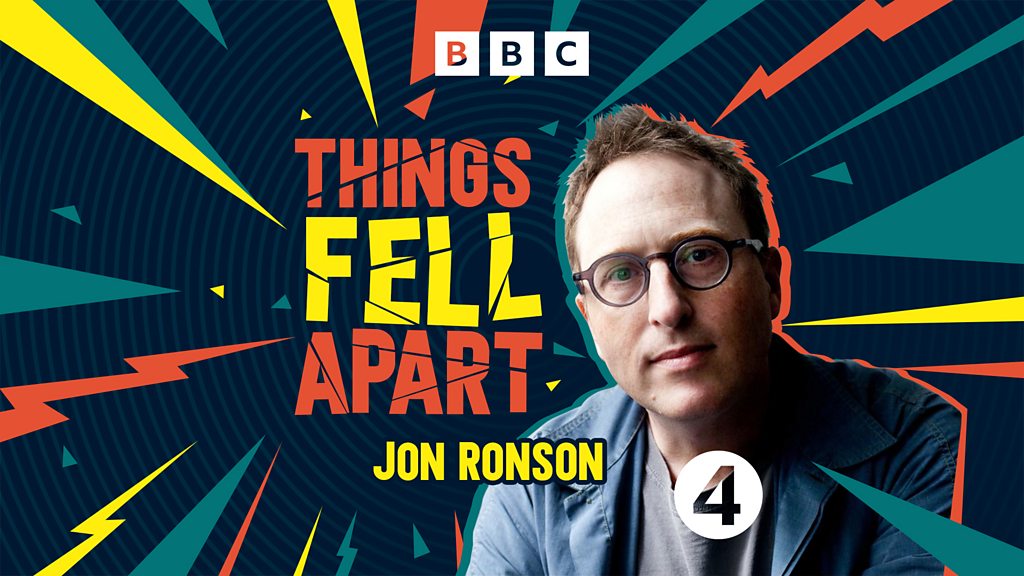TERF is an initialism of Trans-Exclusionary Radical Feminist. It is very accurate of the half dozen or so radical feminists that ignited cancel culture on University campuses about 10 years ago. But, it's clearly seen as a derogatory and toxic term these days so I understand why some don't like its use.Yes, it is a term used by one group of people about another group of people with whom they have a philosophical difference. I don't know which, if any, position is correct, but I don't like the inherent slur in the term.
I did a bit of reading and the following is from: https://journal.nds.ox.ac.uk/index.php/JNDS/article/download/176/79
TERFs are members of a branch of feminism whose ideological beliefs hinge on the idea that sex is biological and fixed, rejecting the idea of socially constructed gender. In essence, TERFs don’t recognise transgender women as women because they believe that a person’s sex is based purely on their biology and is therefore fixed.
Not sure where the court ruling leaves this. I also dislike the term because it has been used effectively to silence people with alternative views. This Law PhD thesis makes that case: https://researchportal.port.ac.uk/en/studentTheses/terfbigottransphobe-we-found-the-witch-burn-her
#TERF/Bigot/Transphobe – We found the witch, burn her!: a contextual constructionist account of the silencing of feminist discourse on the proposed changes to the Gender Recognition Act 2004, and the policy capture of transgender ideology, focusing on the potential impacts and consequences for female-only spaces for victims of male violence
Dillon, S. (Author). 2021
I don't think that this area ever gets discussed rationally in public discourse and terms like TERF don't help.
For me, it fuels the culture war alongside the absolutist dogma of the extremist elements of the pro-Trans lobby who should have been fighting for equity rather than liberation all these years.
Society and human evolution are clearly not ready for Trans liberation at this point in time, it might take many centuries or millennia before this is possible. And to be clear, when I say 'liberation' I mean the view that trans-women are women or trans-men are men. Biologically this is not the case and now the law centres on that fact.
So, trans-exclusionary feminists are a small branch of feminism and face enormous criticisms from the majority of the rest of the feminist movement. In short, they are not popular.
They also face huge opposition from mainstream LGBTQ+ groups such as the charity Stonewall and most major LGBTQ+ publications such as Pink News:

Troubling, ugly history of anti-trans lobby group LGB Alliance
A tribunal is currently whether LGB Alliance should be a registered charity – but what is the history of the anti-trans organisation?
In terms of the PhD thesis, this is most certainly nothing to do with law at all. It's criminology and gender from the faculty of social science. There is a lot of 'opinion' in there that is not evidenced in a robust way (such as you should get in a science or law thesis). But two things stick out.
1. "This thesis examines the clash between transgender ideology and women’s rights in the context of female-only spaces in the male violence against women sector."
So we're looking at spaces such as women's refuge centres. There is a comment about trans-women violence against women in chpt 3. I can't find any of the evidence (maybe I've not looked hard enough) to support the central pillar of Trans-exclusionary feminism which is that trans-women pose a threat to women. Personally I believe that trans-women should not have access to women only refuges but that is not because of the threat of trans-women to women, that is because I believe that trans-women should have their own exclusive refuges able to help with their particular issues which they need more than ever after the court ruling and the outbreak of unmitigated transphobia unleashed upon their community.
2. The author compares her study to that of one conducted by the LGBTQ+ campaign group Stonewall. Reading between the lines, it seems that very few Trans people agreed to speak to her because (I suspect) unlike a student of real science, students of social science tend to come from a background of having a belief (normally lived) and spending their time creating dubious bits of 'academic study' to qualify their opinions.
Last edited:



